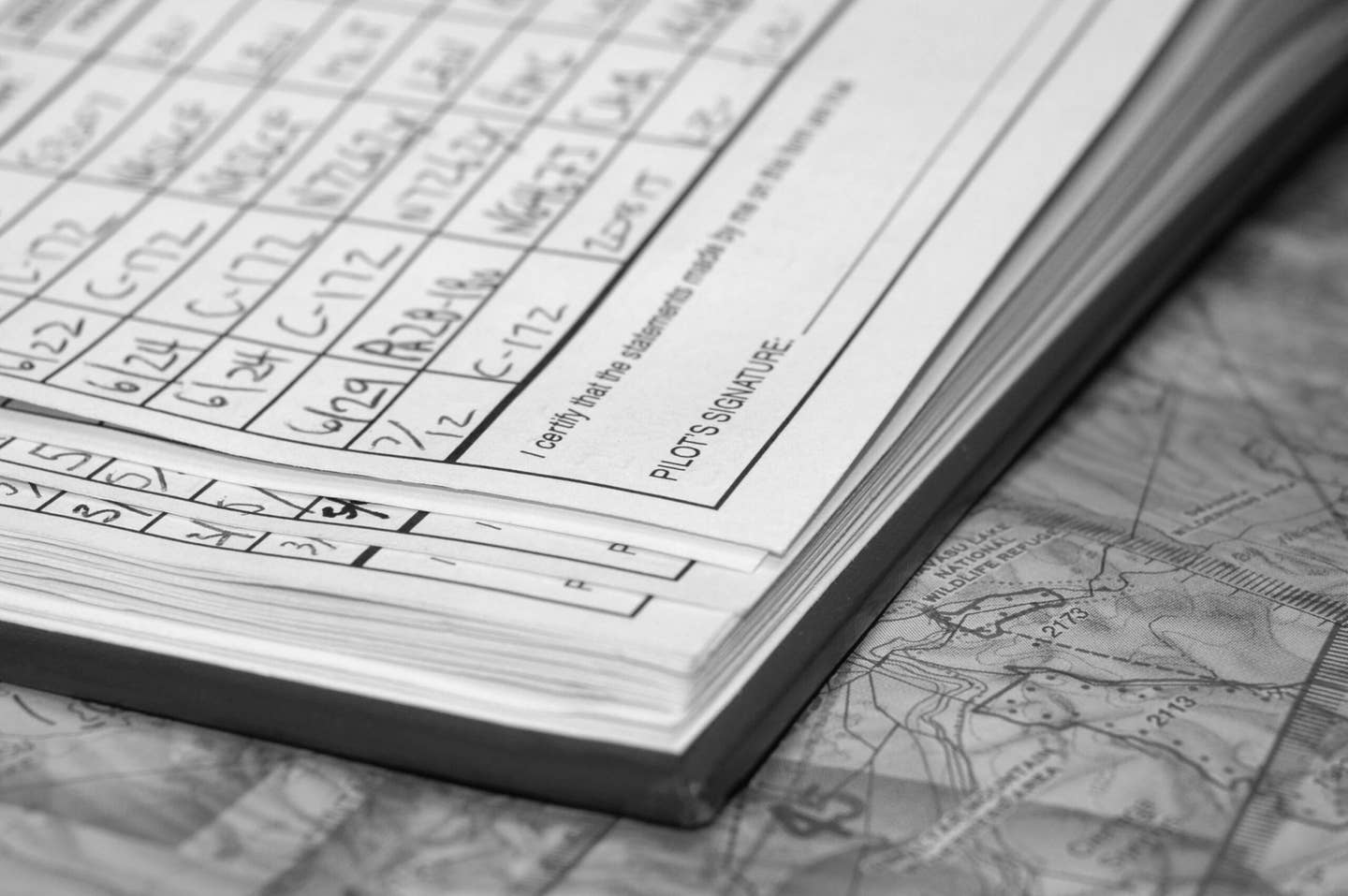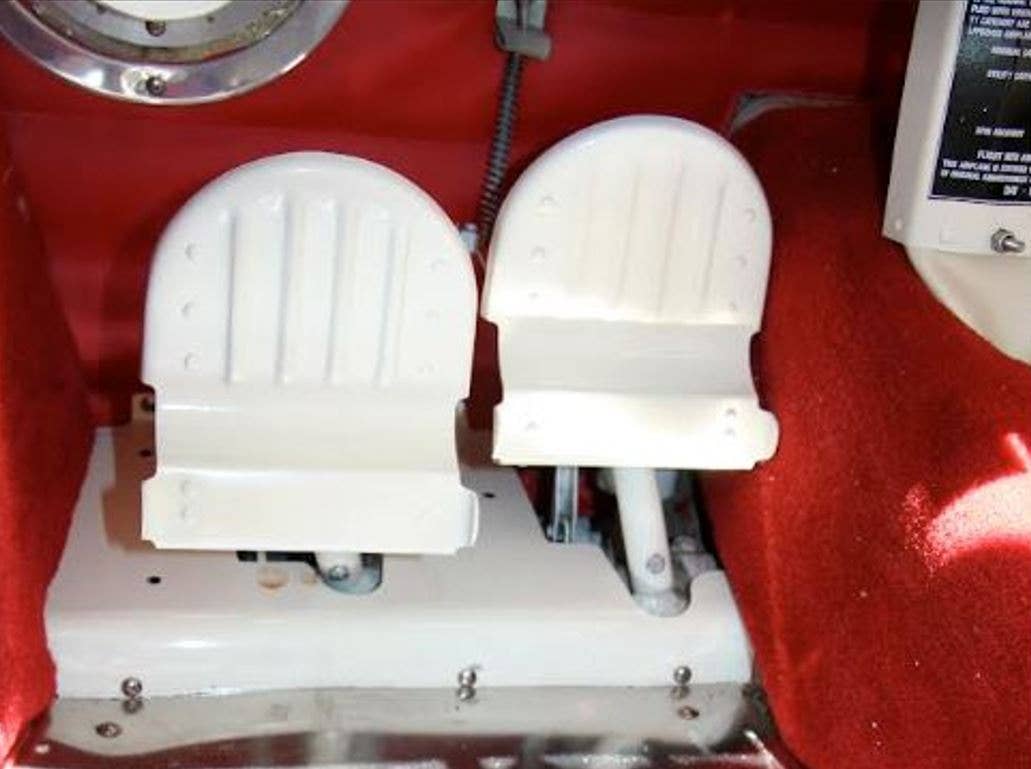
Manslaughter charges brought against a New Hampshire private pilot who held only a single-engine land pilot certificate when he crashed his Cessna 310 twin on New Years Day 2011 should serve as a warning to all pilots. The message is this: If you do something dumb in an airplane, not only can people be hurt or killed, but you could also end up going to prison.
The case of 57-year-old Stephen Fay is likely to set a number of chilling legal precedents clearing the path for prosecutions of other pilots involved in incidents or accidents where a violation of the FARs has occurred. Fay’s daughter was killed when he crashed his Cessna 310F on approach after dark to a small airport in western Massachusetts. Fay had been working toward his multi-engine rating, but he hadn’t passed a check ride, despite having received about 50 hours of dual instruction in the airplane. Prosecutors say he was “warned repeatedly” not to fly his airplane without his instructor on board.
Fay was scheduled to be arraigned on Thursday and, if convicted, he is facing 20 years in prison.
Parallels can be drawn between this accident and the conviction last year of Platinum Jet pilot Francis Vieira, who was sentenced to six months in federal prison for his role in fraudulent activities that led to the crash of a Challenger 600 in 2005 at Teterboro Airport. Vieira, who was not piloting the jet at the time of the crash, admitted to falsifying weight-and-balance records on multiple occasions and to flying several commercial charter flights for Platinum Jet even though the company didn’t have a Part 135 certificate.
No one was killed in the Platinum Jet accident, although more than a dozen people were injured and $30 to $40 million worth of damages occurred. Investigators determined that the airplane’s center of gravity was too far forward at the time of the takeoff overrun, and accused Vieira and other Platinum Jet employees of ignoring weight-and-balance figures so they could fill up on cheaper fuel.
Not all of the facts surrounding Fay’s fateful last flight (the FAA has revoked his pilot certificate) are yet known, but if everything that prosecutors contend is indeed true, it will be difficult to defend this guy or argue that he shouldn’t face criminal prosecution for his actions. The same was true of Platinum Jet employees who went to prison.
What else did these cases have in common? They both arose from a chain of incredibly bad decisions that eventually ended in tragedies. The FAA calls it “antiauthority” – a toxic, seductive attitude that creeps into a pilot’s mind and whispers: “Those rules don’t really apply to me” or “They can’t tell me what to do.” It’s a type of dangerous thought process that can cause a pilot to believe he is somehow above the FARs.
Anybody who thinks the regulations are for other pilots should know this: Just about every new aviation regulation was written after an accident where somebody was hurt or killed.
I’ve heard a lot of safe pilots say that their personal litmus test for deciding whether something they plan to do is safe or not is to stop and think about how their actions would sound in an NTSB accident report. That’s a great attitude to have. I’d take it a step further: The next time you’re about to do something that is, let's say, less than smart and you're faced with a decision, think to yourself, “How would a prosecution lawyer at a murder trial describe my actions to the jury?”
Interested in winning a free iPad? How about one of ten $50 gift certificates to Flying's online shop? Like us on Facebook and enter to win!
We welcome your comments on flyingmag.com. In order to maintain a respectful environment, we ask that all comments be on-topic, respectful and spam-free. All comments that do not comply with these guidelines will be removed.

Subscribe to Our Newsletter
Get the latest FLYING stories delivered directly to your inbox






